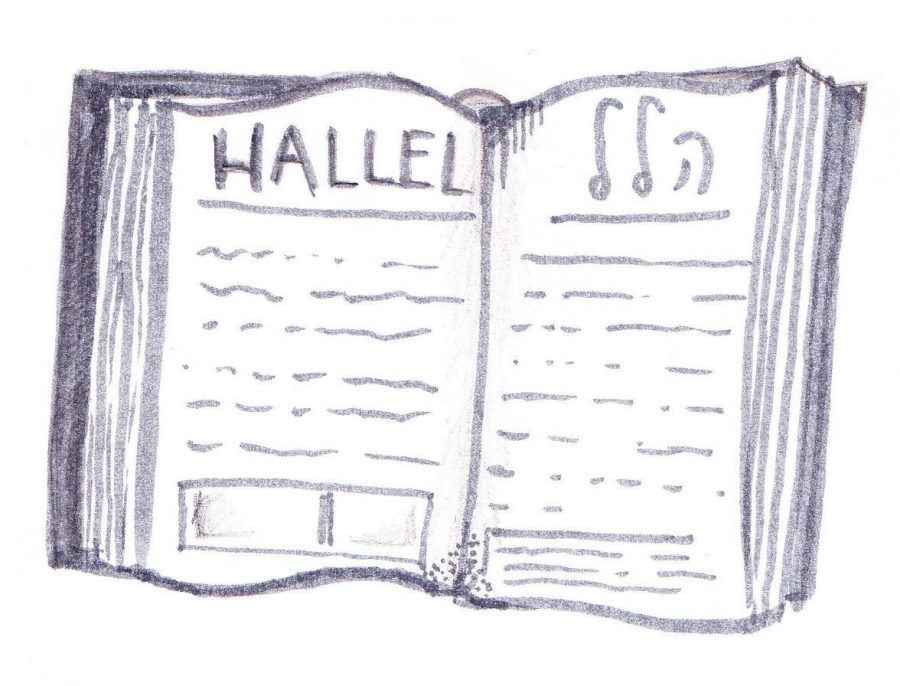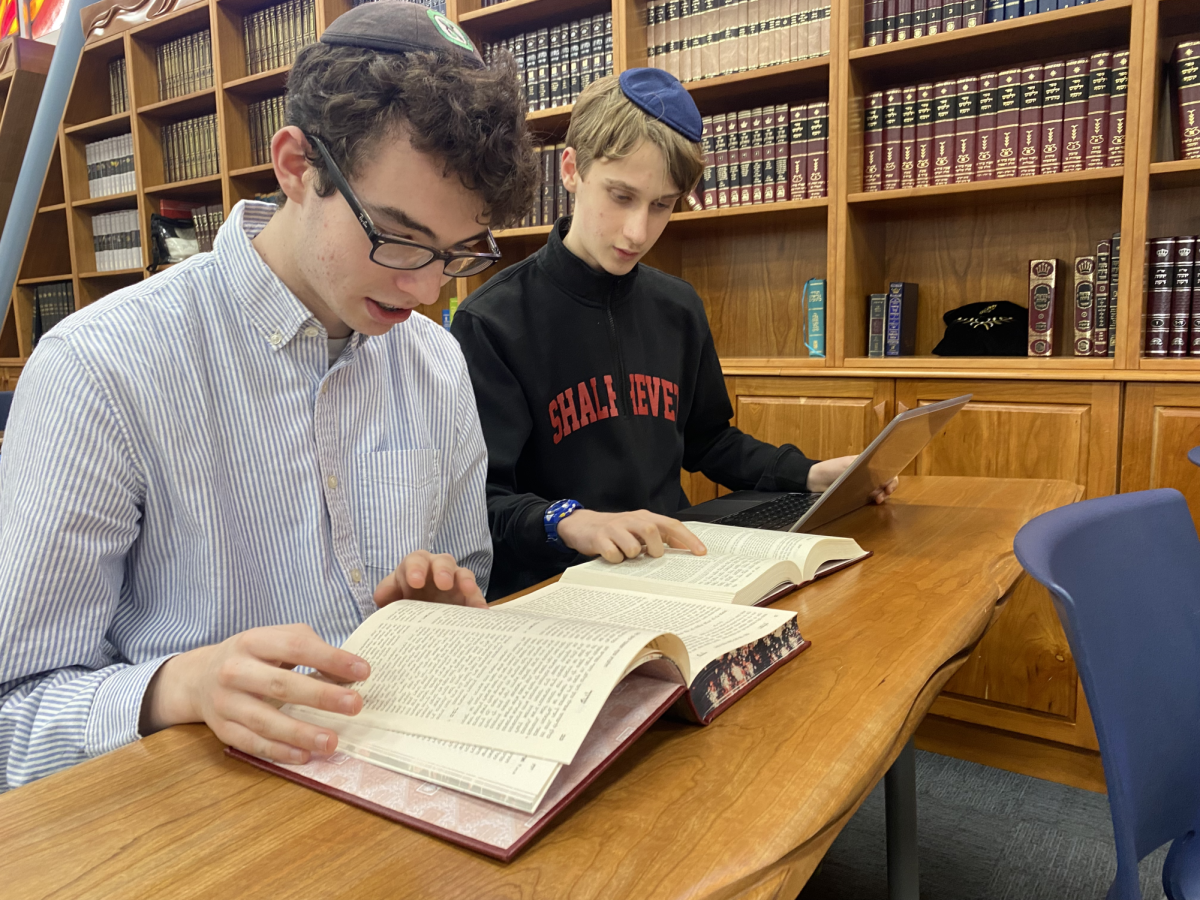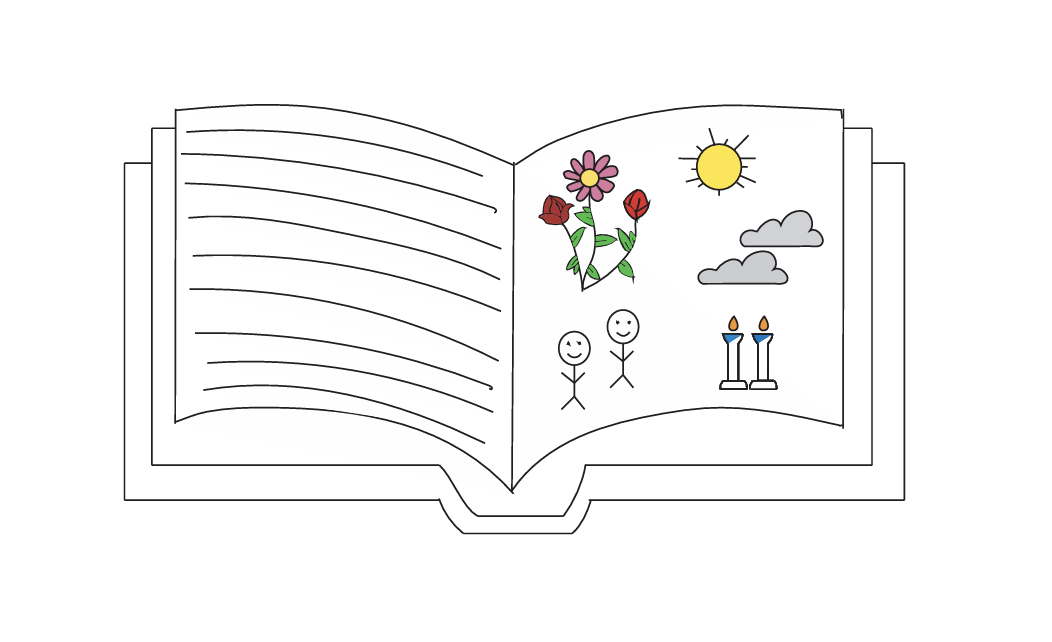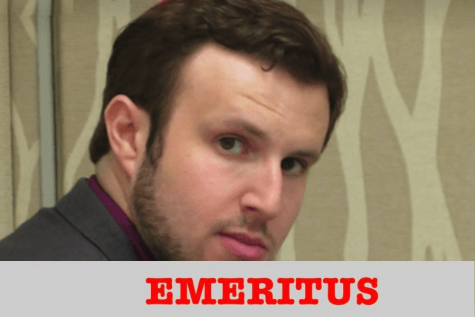The Artscroll siddur very clearly explains that the Hallel recited on Rosh Chodesh and the last six days of Pesach is a condensed version where several paragraphs of text are omitted. Because it is only a minhag, or custom to say Hallel on these days, two paragraphs are not recited to differentiate those days from days where Hallel is commanded.
The Gemarah in Arachin (10b) explains that Rosh Chodesh is not a moed, loosely a festival. Traditionally, Hallel is reserved for moed days and therefore is not required for Rosh Chodesh. This concept is mentioned in a story in the Gemarah Taanit (28b). The story tells of a time Rav visited Babylonia on Rosh Chodesh and was horrified to find the local minyan saying Hallel. He was about to stop them when he noticed that they skipped several paragraphs. From here we learn that Hallel, in its entirety, is not said on Rosh Chodesh.
So why is Chatzi Hallel, an abridged Hallel, recited on the last 6 days of Pesach? We say full Hallel on Shavuot and Sukkot, so why not Pesach, arguably the most important of the three?
There are two solutions to this problem. One, explained in Arachin is that on Sukkot and Shavuot in the Beit Hamikdash, a different korban, offering, was brought up each day of the holiday. On Pesach, the korban that was offered was the same every day. On Sukkot, full Hallel is recited every day because with each day having its own korban, every day of the chag is considered its own holy day. Pesach, having the same korban every day merits only a shortened Hallel on each day of the holiday.
The other answer is found in a Midrash that explains that Hallel is not recited on Pesach in memory of the Egyptians who perished at the yam suf. Though they were Bnei Yisrael’s captors and tormenters for over 200 years of slavery, they were still human beings. No matter how evil, a loss of human life is always a tragedy in the eyes of G-d.
The hardships didn’t end with slavery for Bnei Yisrael. Once freed from Egypt, they were forced to travel in the Sinai desert for 40 years. Pesach commemorates the good along with the bad, despite the former being more plentiful.
Shalhevet’s high school is in a time of financial comfort. The high school seeks to expand in the coming years. Unfortunately, this comes at the expense of over 120 displaced students in the lower school. Like in Pesach, we cannot just look at the good when there is bad that is happening simultaneously. It is a difficult time for the lower school students and their families and while there is no easy solution, they must be kept in our hearts.
The Pesach Seder is a time to reflect on all that was good for Bnei Yisrael in the time of the exodus, and now. But when the good is sprinkled with bad, we must adjust to it and respect both.








